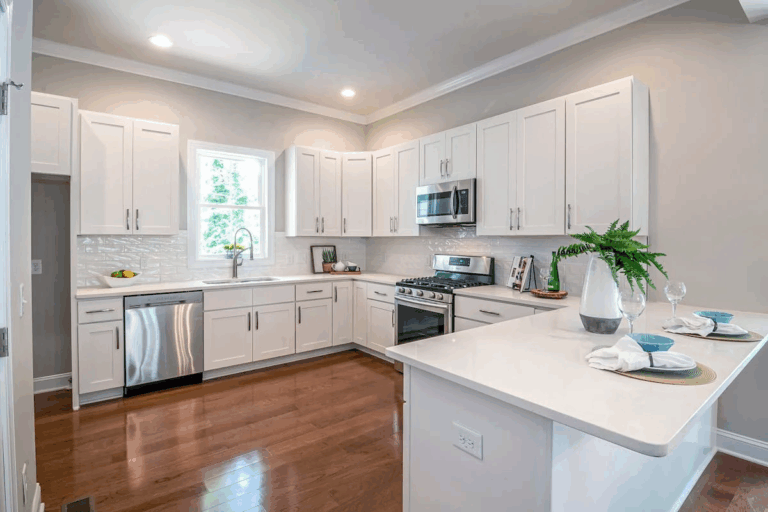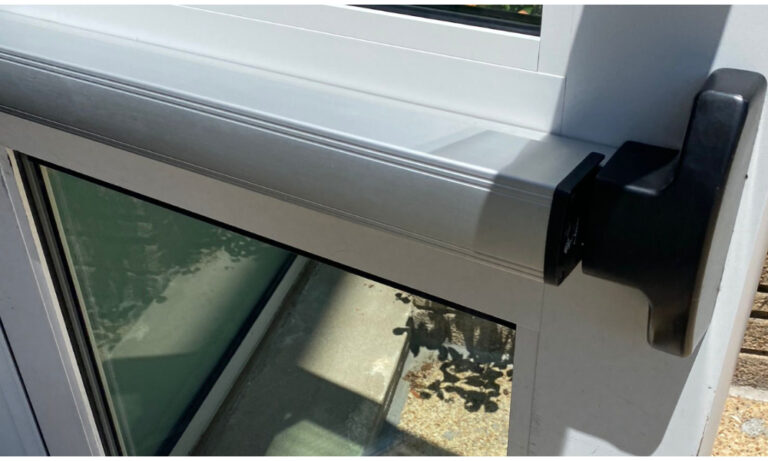
Adding a garage to your home can be a practical and valuable investment, providing additional storage space, protecting your vehicles, and potentially increasing the resale value of your property. However, before embarking on such a project, there are several important factors to build garage addition to ensure a successful and well-planned addition to your home.
Firstly, local zoning regulations and building codes must be thoroughly researched and understood. Different areas have specific rules governing the construction of garages, such as setback requirements, maximum building heights, and the overall size of structures allowed on a property. Obtaining the necessary permits is crucial to avoid legal issues and ensure to build garage addition complies with local regulations.
Next, consider the purpose of the garage. Are you primarily looking for extra storage space, a workshop, or a place to park your vehicles? Determining the primary function will guide the design and layout of the garage. If you plan to use it for parking, make sure the dimensions are suitable for your vehicles, and if a workshop is in the plans, factor in the space needed for tools and equipment.
Budget is a significant consideration when adding a garage to your home. Costs can vary depending on factors such as size, materials, and whether utilities like electricity or plumbing are needed. Obtain quotes from multiple contractors to get a realistic estimate of the overall project cost, and be prepared for potential additional expenses that may arise during construction.
The architectural style of the garage should complement your existing home. A harmonious design will enhance the overall aesthetic appeal of your property and contribute to its curb appeal. Consider the exterior materials, roof style, and color palette to create a cohesive look that seamlessly integrates the new structure with the existing home.
Accessibility is another critical factor to contemplate. Ensure the garage is easily accessible from both the house and the driveway. The placement of doors and windows should be strategically planned to maximize functionality while maintaining a visually pleasing design. Additionally, think about the convenience of entry and exit points for vehicles and pedestrians.
Evaluate the impact on your property’s landscaping. Will the addition of a garage require the removal of trees, shrubs, or other landscaping features? Consider how the new structure will affect the overall balance of your outdoor space and plan for landscaping adjustments if necessary.
Think about the future resale value of your home. While adding a garage can potentially increase property value, it’s essential to consider the preferences of future buyers. A well-designed, functional garage can be a selling point, but ensure that your investment aligns with the expectations and preferences of potential future homeowners in your area.







